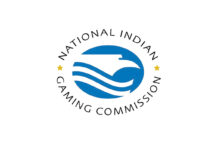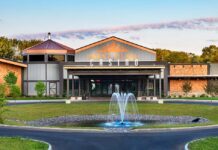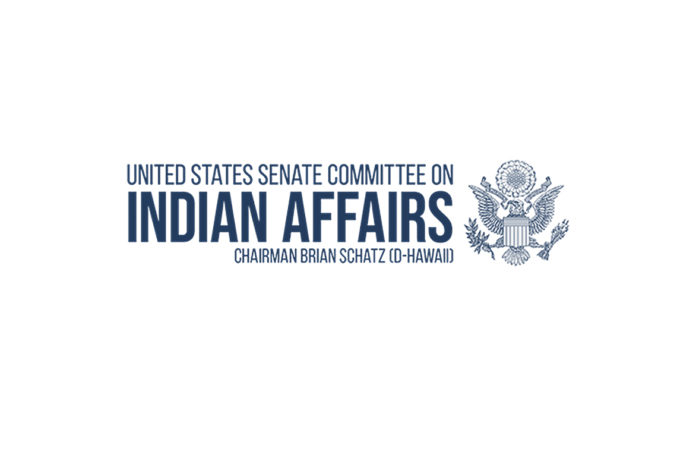WINDOW ROCK, AZ – Navajo Nation President Jonathan Nez testified virtually before the Senate Committee on Indian Affairs in support of S. 1895, The Indian Health Service Sanitation Facilities Construction Enhancement Act, introduced by U.S. Sen. Ben Ray Luján (D-NM). Among other purposes, this bill would provide over $3 billion to the Indian Health Service (IHS) to complete the thousands of water and sewer projects on IHS’ Sanitation Deficiency System (SDS) list.
President Nez’s testimony was part of a legislative hearing on three key bills under consideration by the Committee including S.1797, Urban Indian Health Providers Facilities Improvement Act, and H.R. 1688, Native American Child Protection Act.
In his testimony, Nez emphasized that the lack of running water in Navajo homes posed many challenges in addressing the pandemic because many people, including elders and disabled, could not wash their hands often as recommended by health experts. He stated that the Navajo Nation had some of the highest rates of COVID-19 infections last year, but through the resilience and determination of the Navajo people and frontline workers, the rates have decreased.
“The improvement in the quality of life that many U.S. citizens take for granted is simply turning on the faucet in their home,” President Nez said. “The pandemic elevated the problem of having no running water in most Navajo Nation households to number one.”
According to the IHS’ 2019 SDS report, there are approximately 9,000 households on the Navajo Nation lacking running water or sewage with a total need of $535 million. However, IHS’ data is limited to households evaluated by IHS. Navajo Tribal Utility Authority has reported that the actual number of households without potable water or sanitation is closer to 16,000 with a total estimated need of $2.4 billion.
In addition to expressing support for the bill, President Nez also noted an IHS rule that impedes the development of water infrastructure in Indian Country because projects exceeding a certain threshold – $107,500 per household in Arizona – are deemed infeasible. The rule would exclude projects in the most remote areas with the highest need even if the bill passes.
Currently, the Navajo Nation is in the middle of a drought that threatens the agriculture-based economy and makes it even harder for people to secure water for drinking and hygiene.
“There is nothing more frustrating than having funds with no ability to spend them,” President Nez said. “Therefore, we urge Congress to consider changes to the proposed legislation that address these concerns.”
The Nez-Lizer Administration continues to recommend using American Rescue Plan Act funds for water infrastructure projects to help deliver more water to communities and homes on the Navajo Nation.















































